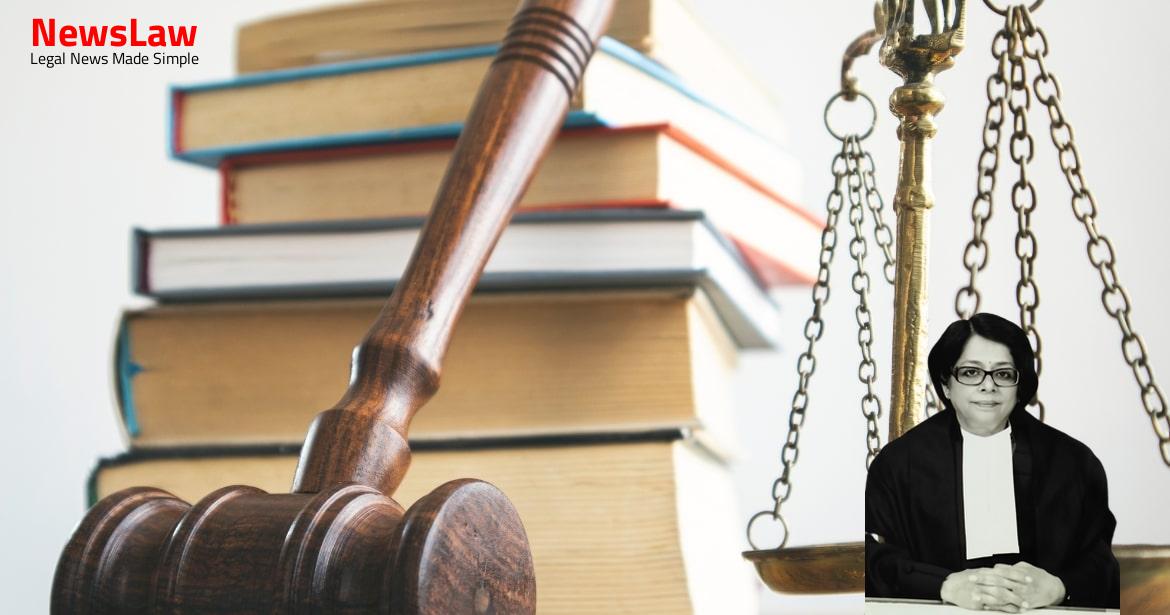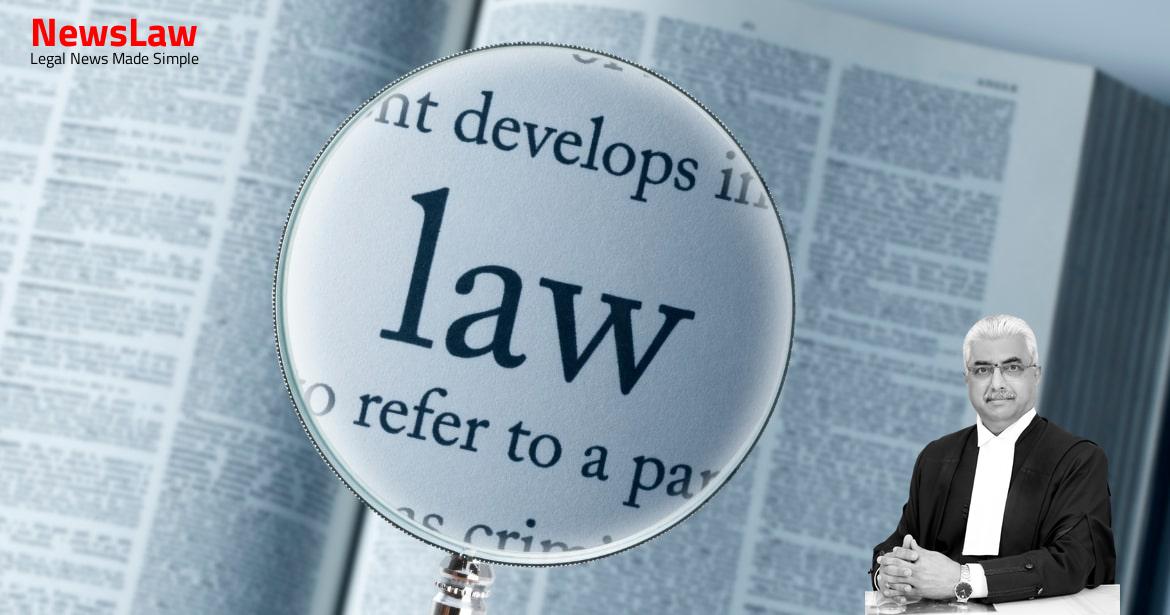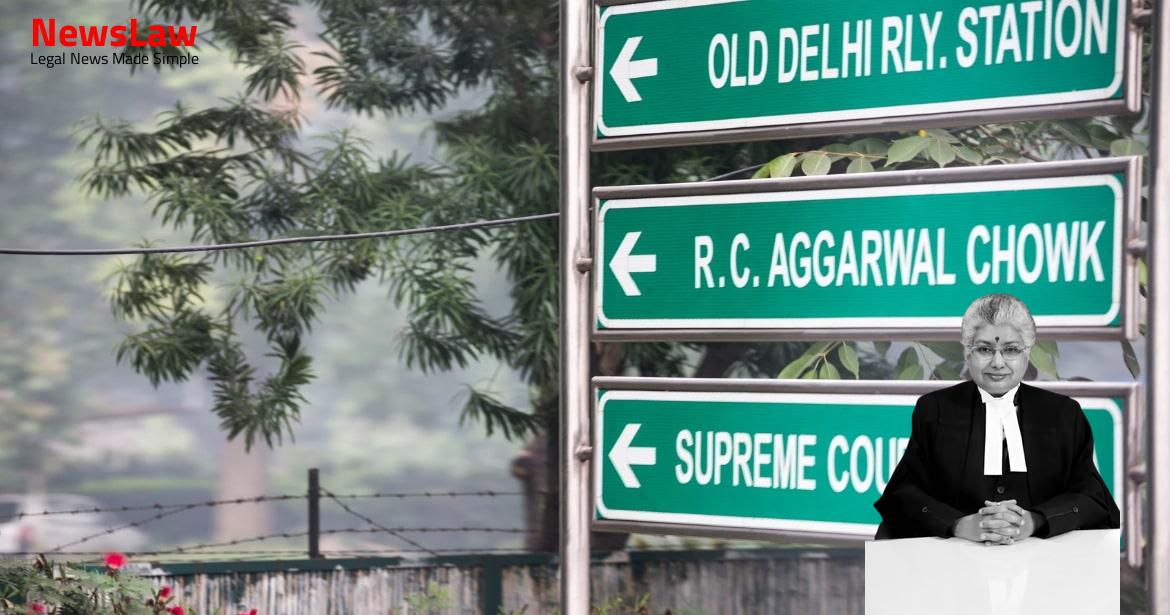The court’s in-depth examination of compensation computations in fatal accident cases unveils crucial legal principles and methodologies used for fair assessment. Emphasizing clarity and consistency in approach, the court’s analysis delves into factors like income assessment, deductions, multipliers based on age, and considerations for dependents. This comprehensive study of legal standards ensures equitable compensation for the families of the deceased, setting a precedent for future cases.
Facts
- The accident occurred when the deceased was overtaking a tractor-trolley and a Maruti car was speeding from the opposite direction, resulting in the death of the deceased and serious injuries to the wife.
- The deceased, Satpal Singh, was a 40-year-old individual at the time of the accident in 1998.
- He had been employed in Qatar since 1984 and was on vacation in India when the accident took place.
- The initial salary of the deceased in Qatar was 750 Qatari Riyal per month.
- The claimants filed for compensation against the Insurance Company and the owner/driver of the Maruti car, seeking Rs. 50 lakhs with an interest rate of 18% per annum.
- The accident resulted in a 25% permanent disability, confirmed by the Disability Certificate issued by the Civil Surgeon, Patiala.
- The High Court computed the total compensation payable to the Claimants at Rs. 96,78,000 after deducting 50% towards contributory negligence.
- Loss of consortium and loss of love and affection were not considered necessary as 50% of the income was provided to the wife and children.
- The Insurance Company was held liable to pay compensation, which would be distributed equally between the widow and children.
- Rs. 50,000 was awarded for loss of estate and Rs. 10,000 for funeral expenses.
- The income of the deceased was assessed at Rs. 2,68,000 per month based on a letter from the High Speed Group.
- Interest at 9% per annum was to be applied on the compensation of Rs. 1,90,000 from the date of filing the claim.
- The MACT applied a multiplier of 13 due to the deceased’s age, slightly over 40 years, at the time of death.
- The MACT did not consider the letter from the High Speed Group as proof of income and assessed the deceased’s income at Rs. 4,000 per month.
- The MACT concluded that it was a case of contributory negligence on the part of the deceased and the driver of the Maruti car, reducing the compensation by 50% accordingly.
Also Read: Analysis of Maintenance Laws and Enforcement Procedures
Analysis
- The Court emphasized the importance of certainty as a criterion for determining compensation for dependents of the deceased.
- Different percentages were suggested for future prospects based on the age and employment status of the deceased.
- The authenticity of documents, especially concerning income and employment, was questioned and deemed unreliable for computation.
- Consistency in the approach by tribunals and courts was highlighted for fair assessment of compensation.
- Uniform principles and multipliers were recommended for loss of consortium and other conventional heads.
- Calculation of income and deductions, such as personal and living expenses, played a crucial role in determining the final compensation amount.
- The Court expressed skepticism regarding the perceived lack of certainty in adding future prospects for those with a fixed salary or self-employed status.
- The Court in Sarla Verma (supra) held that the multiplier to be used should be as mentioned in column (4) of the Table above, which starts with an operative multiplier of 18 and is reduced by one unit for every five years.
- Parental Consortium is awarded to children who lose the care and protection of their parents in motor vehicle accidents.
- Filial consortium is the right of parents to compensation in the case of an accidental death of a child.
- The criteria for assessing compensation in the case of death include the age of the deceased, the number of dependents left behind, and the income of the deceased at the time of death.
- The determination of the multiplier should be with reference to the age of the deceased, as reaffirmed in several judgments.
- Uniformity and consistency in awarding compensation are emphasized through specific steps to be followed in the process.
- The future prospects of the deceased should be added to the sum on a percentage basis, and ‘income’ means actual income less the tax paid.
- The Constitution Bench in Pranay Sethi affirmed the standards fixed in Sarla Verma for appropriate deduction towards personal and living expenses.
- Various types of consortium including spousal, parental, and filial are recognized under the comprehensive interpretation of the term.
- Compensation under three conventional heads – loss of estate, loss of consortium, and funeral expenses – is specified for death cases.
- The age of the deceased should be the basis for determining the multiplier, as per the settled legal principles.
Also Read: Land Ownership Dispute under Regional and Town Planning Act
Decision
- 50% of the total compensation awarded to the widow of the deceased, and the remaining 50% divided equally among the three children
- Compensation awarded based on income, deduction for personal expenses, future prospects, multiplicand, loss of spousal consortium, and loss of parental consortium
- Total compensation awarded is Rs. 39,65,125 with 12% interest p.a. from the date of filing the claim petition
- Widow single-handedly raised three minor children and earned a livelihood through agricultural activity
- Loss of dependency amounting to Rs. 37,75,125 recognized
- Conventional heads of compensation like Loss of Estate, Consortium, Funeral Expenses awarded
- Affirmation of the 50% deduction towards contributory negligence
- Widow suffered a 25% permanent disability in the accident
- Civil Appeals disposed off with the specified terms
- Dependants pursuing compensation proceedings for 22 years with total compensation granted as Rs. 19,82,563
- Stay on judgment operation subject to deposit of Rs. 10 lacs by the Insurance Company
- Insurance Company directed to pay the balance compensation within twelve weeks from the judgment date
- The deceased, Satpal Singh, passed away on 18.11.1998
Also Read: Interpretation of Contract Terms in Foreign Arbitral Awards
Case Title: UNITED INDIA INSURANCE CO. LTD. Vs. SATINDER KAUR @ SATWINDER KAUR AND ORS. (2020 INSC 447)
Case Number: C.A. No.-002705-002705 / 2020



